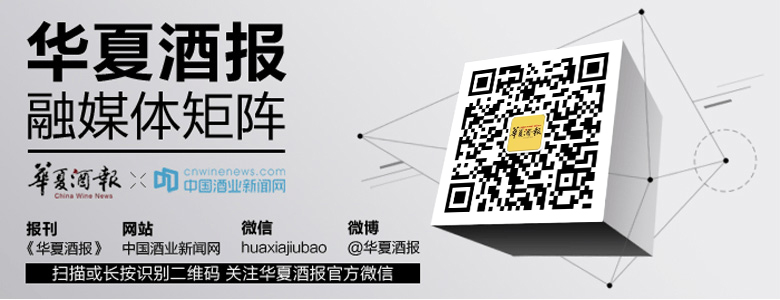This week,泡泡玛特’s financial report impressed the business world. Its revenue reached ¥13.88 billion in the first half of 2025, up 204.4% year-on-year. Operating profit surged to ¥6.04 billion, a 436.5% increase. CEO Wang Ning expressed confidence in continued strong growth.
泡泡玛特’s success reflects the rising “loneliness economy”—consumers increasingly spend on personal emotions and self-identity. IPs like Labubu offer psychological comfort, tapping into unmet desires and modern anxieties. Five of its IPs each generated over ¥1 billion in revenue.
Driven by urbanization and changing lifestyles, China’s single population is nearing 300 million. With high disposable income and a shift in attitudes toward solitude, this group forms a huge market. Estimates suggest the annual scale of the loneliness economy could exceed ¥3 trillion.
Sectors like pet care, single-serving appliances, and solo dining are booming. However, wine has traditionally been associated with social occasions, seemingly contradicting solo consumption trends.
To benefit, wine must rebrand solo drinking as a legitimate, healthy way to relax—similar to dining or watching movies alone. Sharing these experiences on social media can foster community and identity.
Moreover, wine marketing must shift from emphasizing regions and stories to connecting on an emotional level. Product innovation and communication strategies need redesign to align with solo consumers’ values—without compromising quality.
The loneliness economy is not a short-term trend but a lasting shift. Those who help consumers cope with solitude may find significant opportunities.

